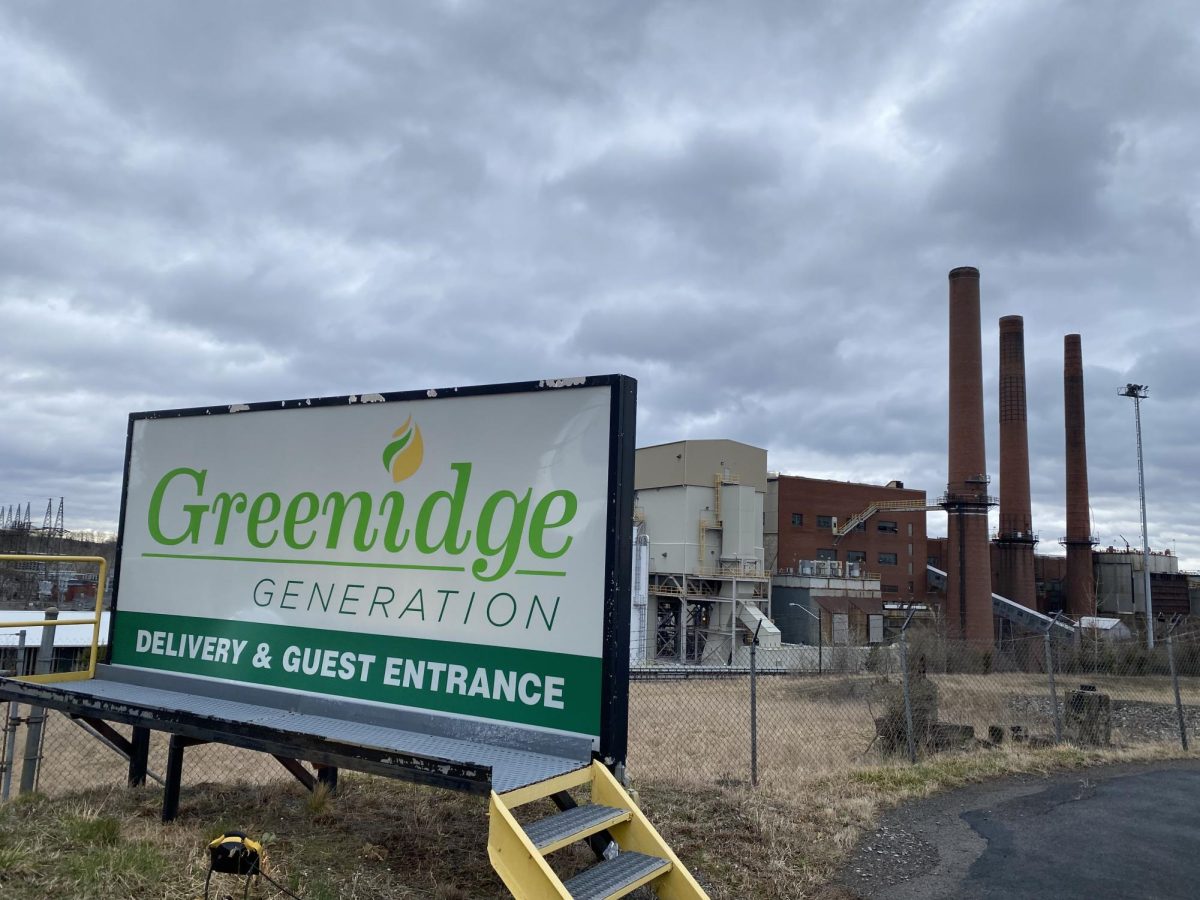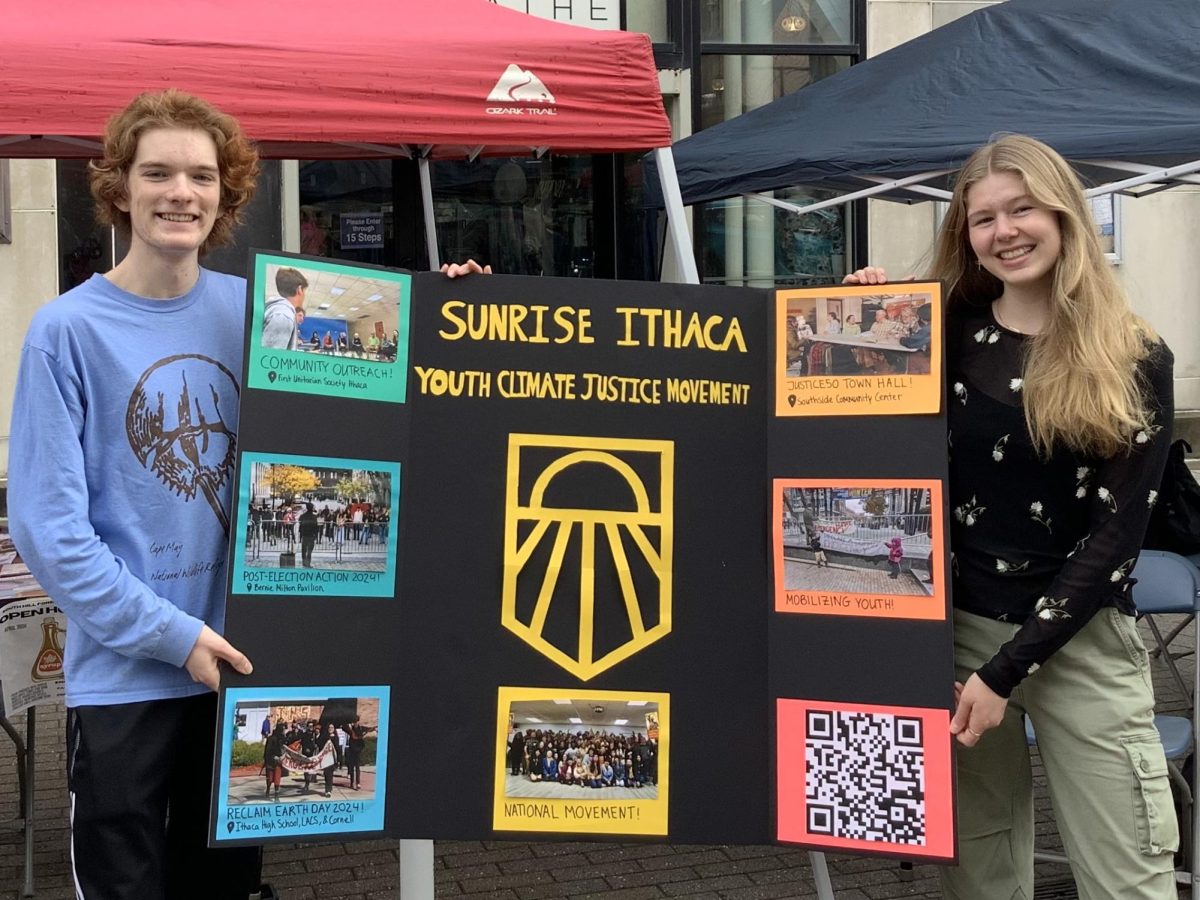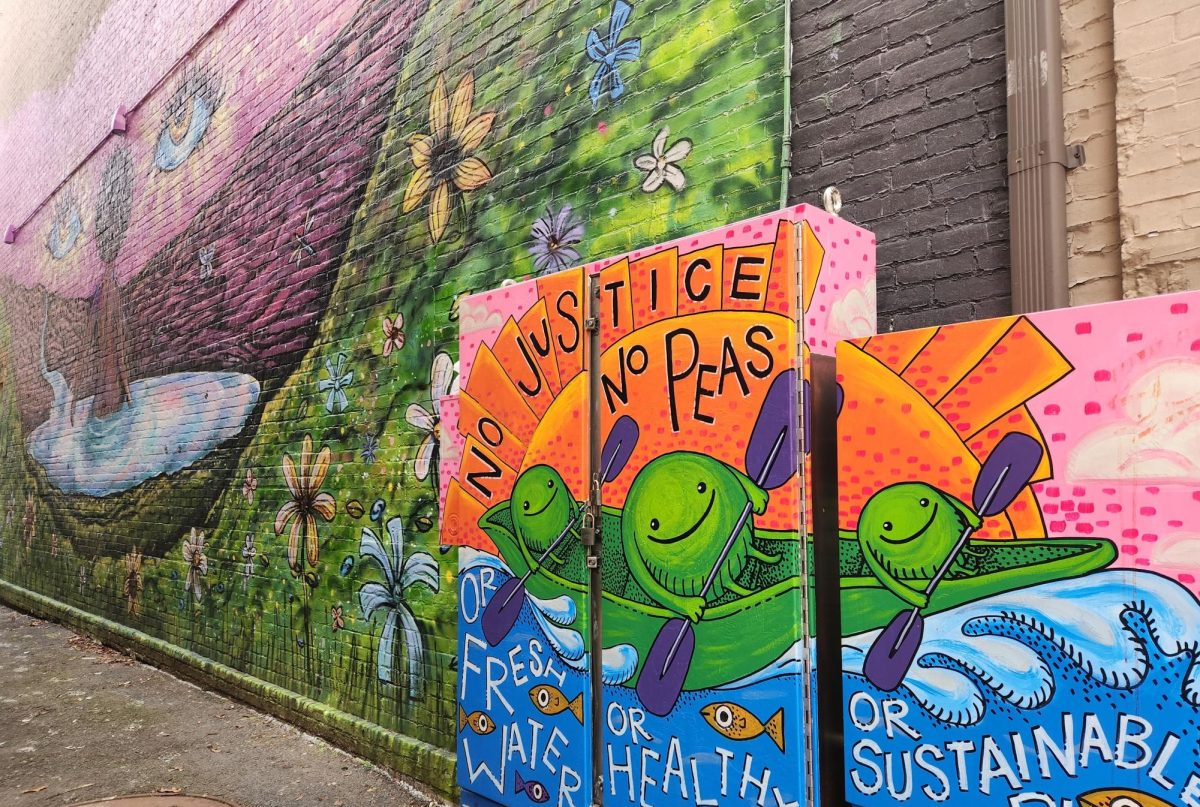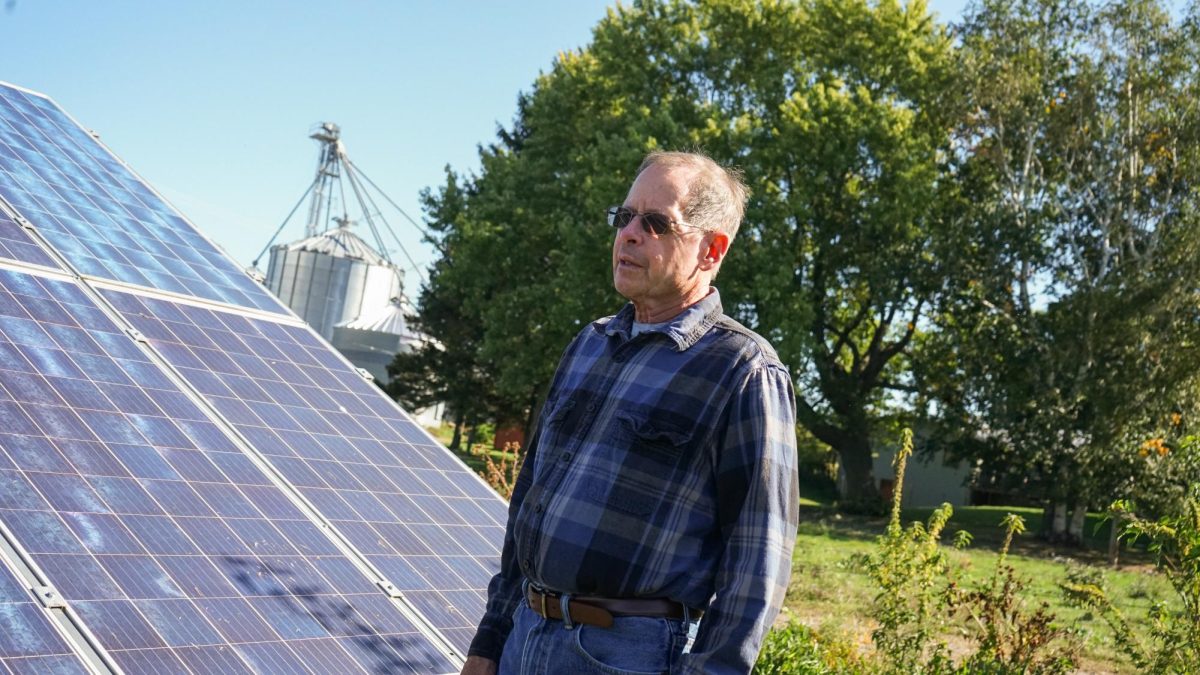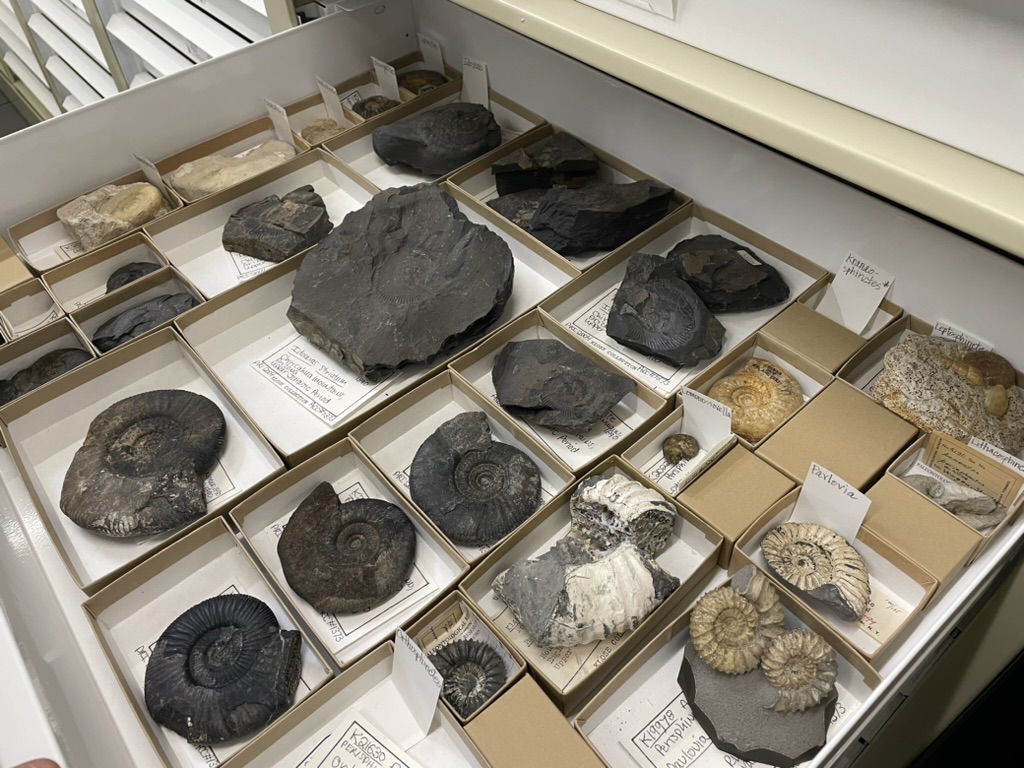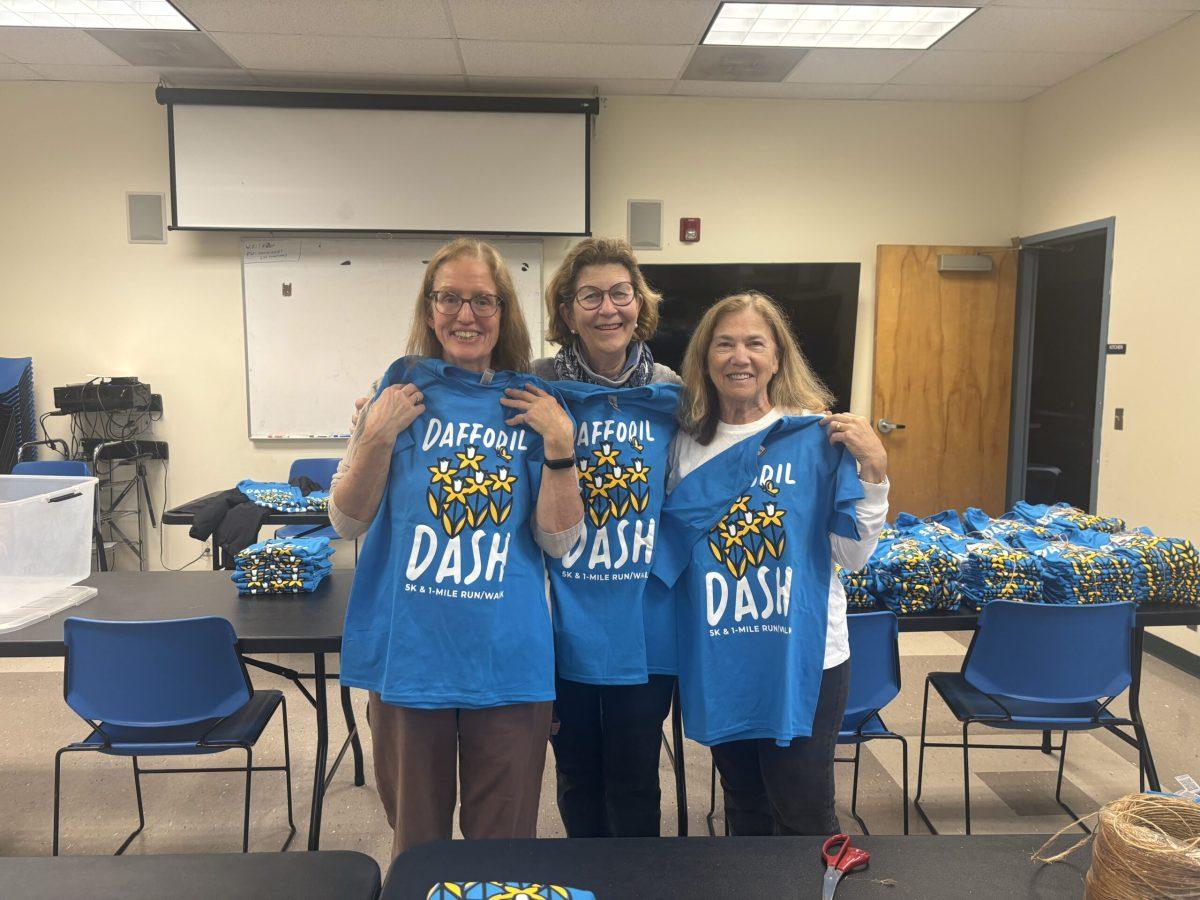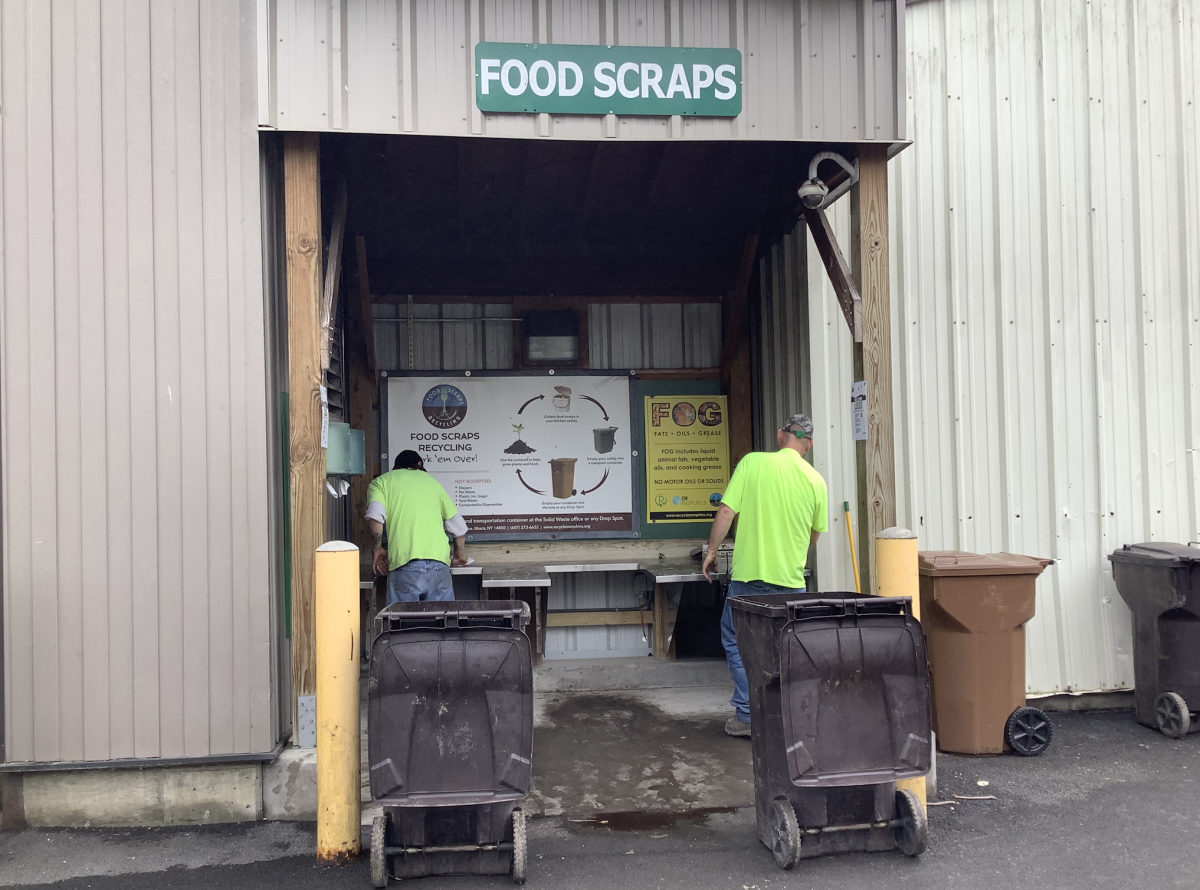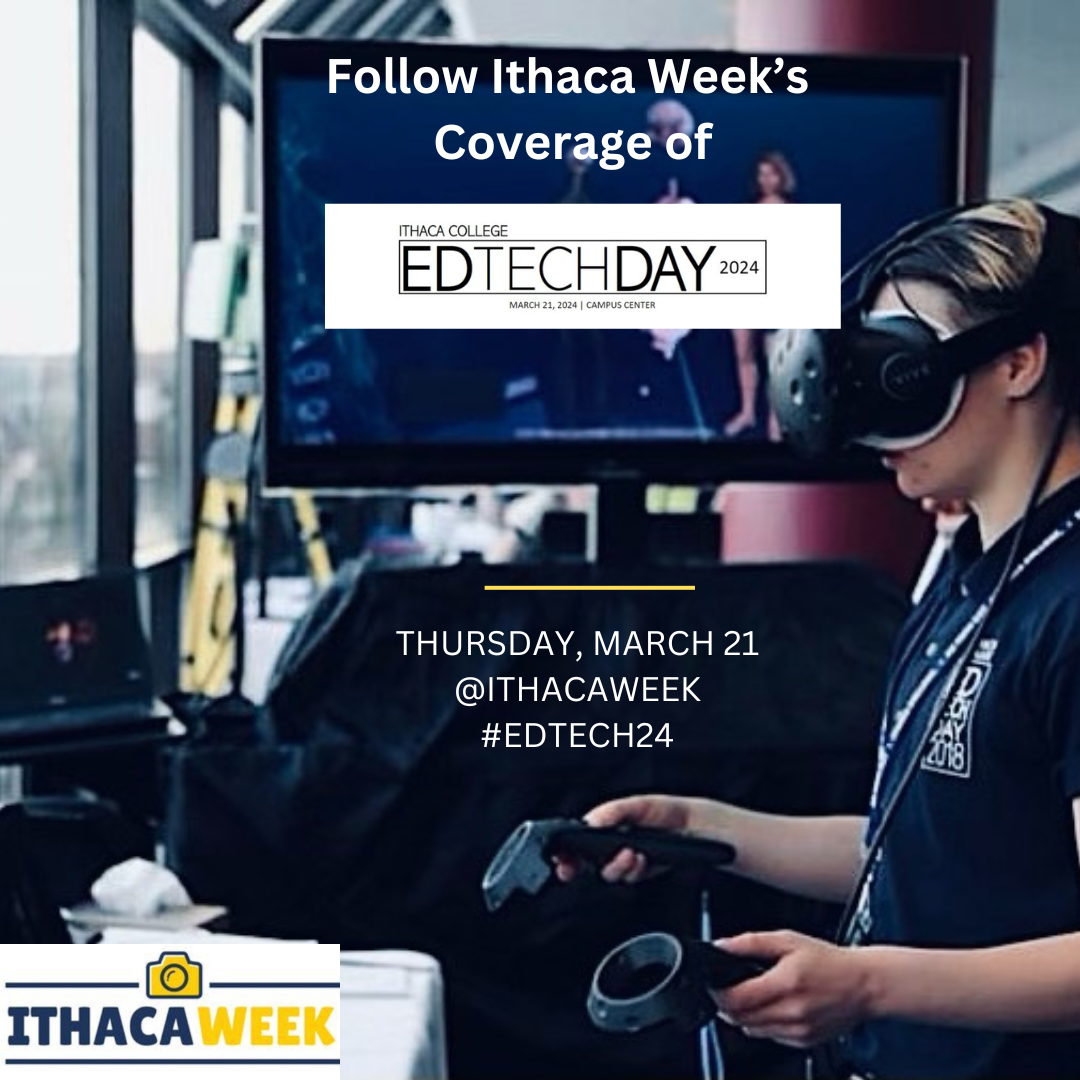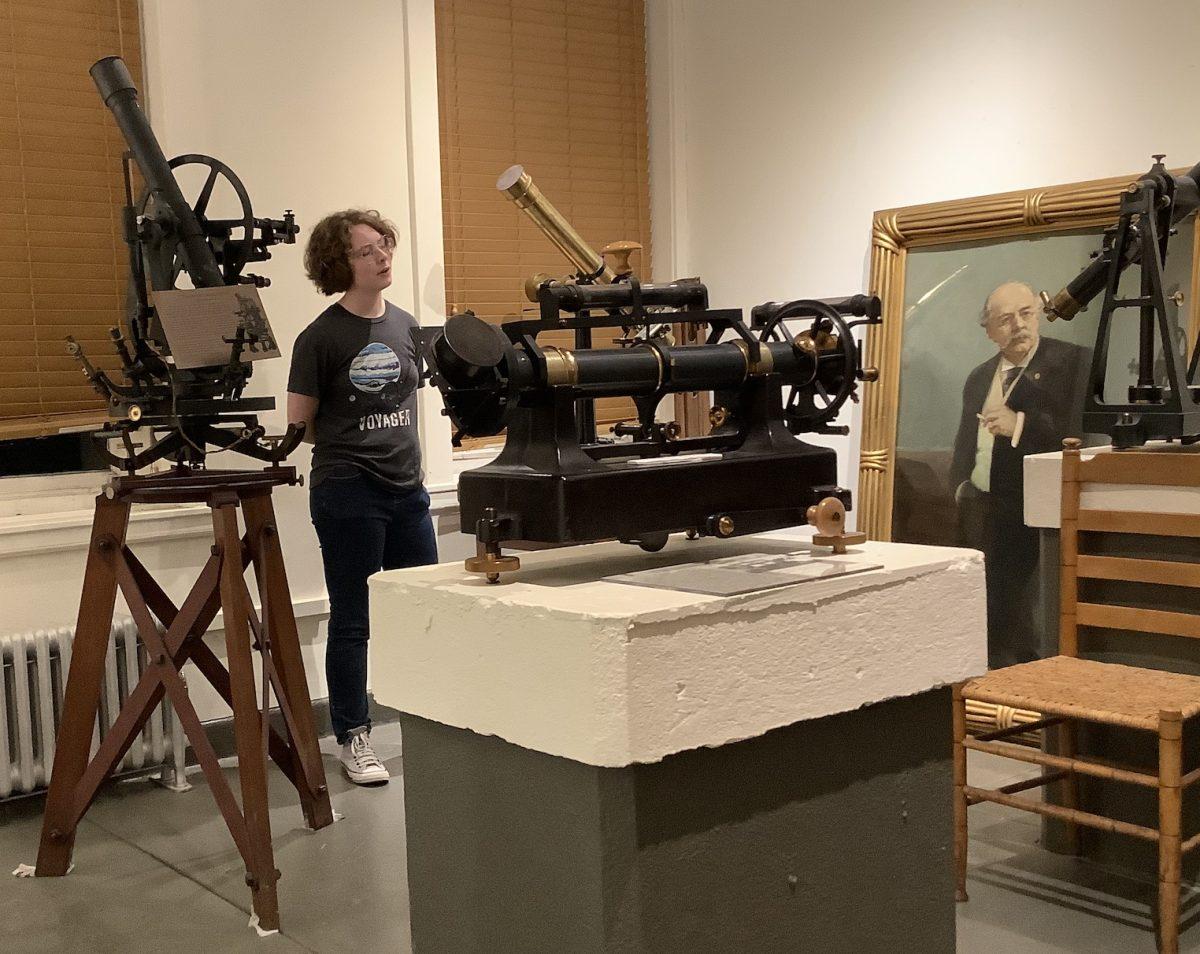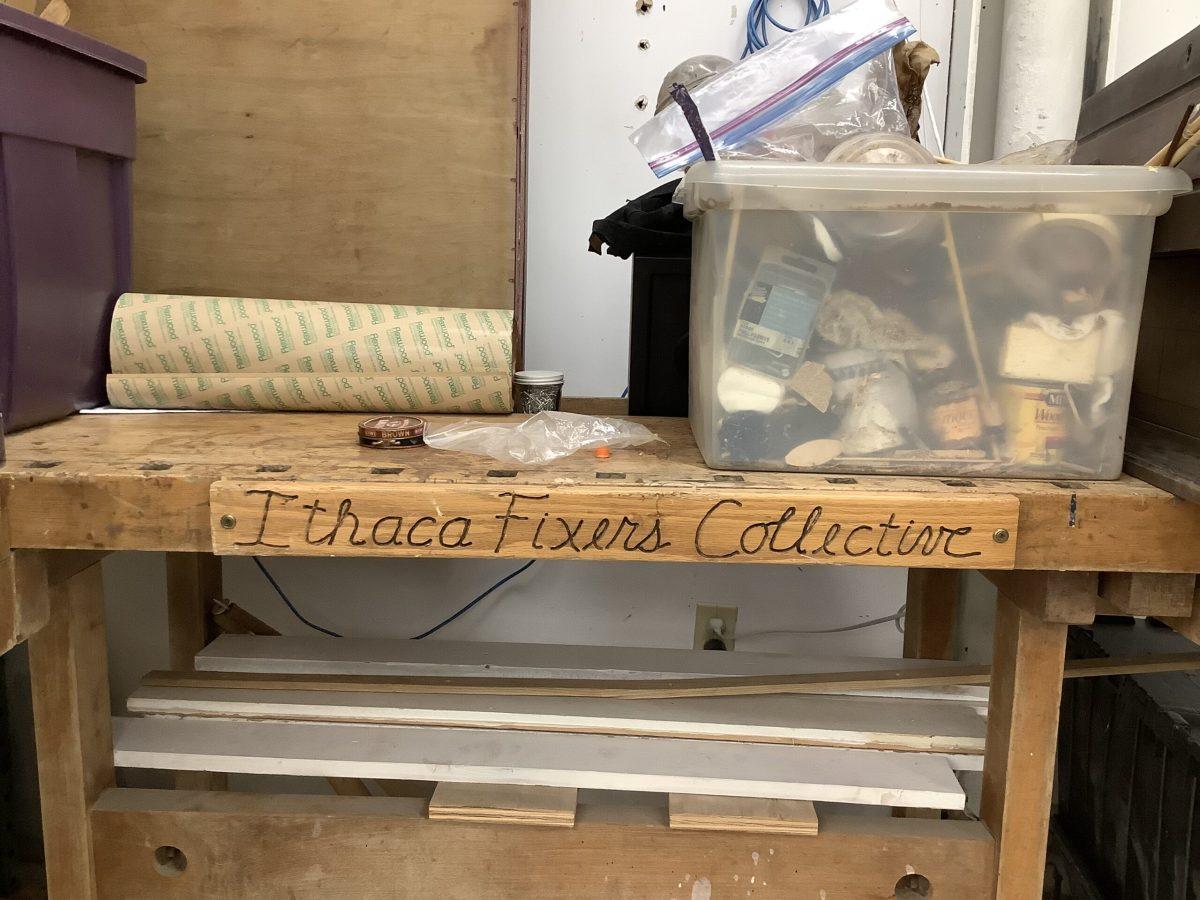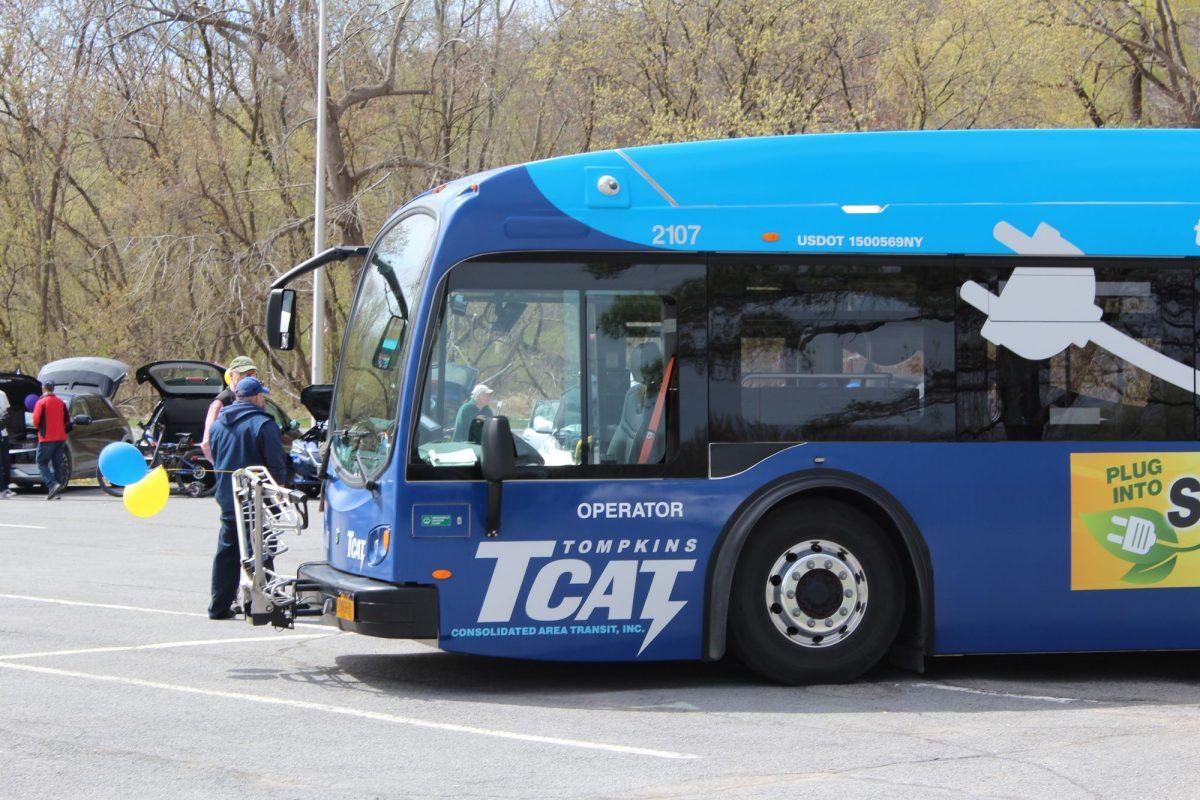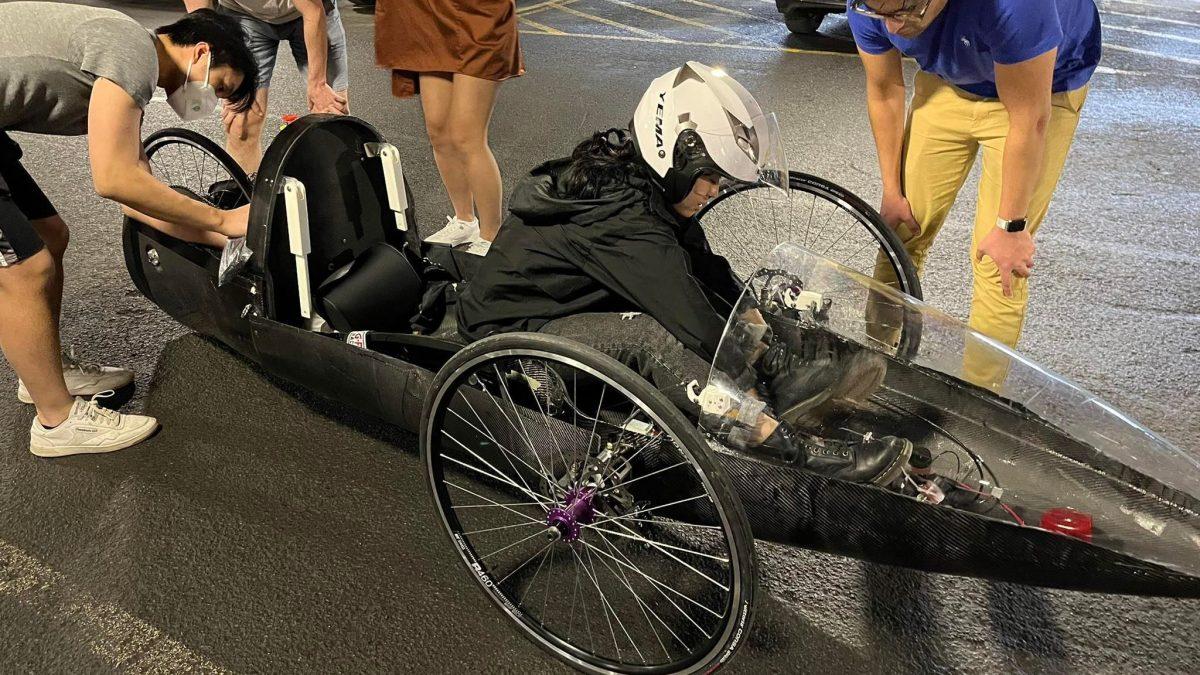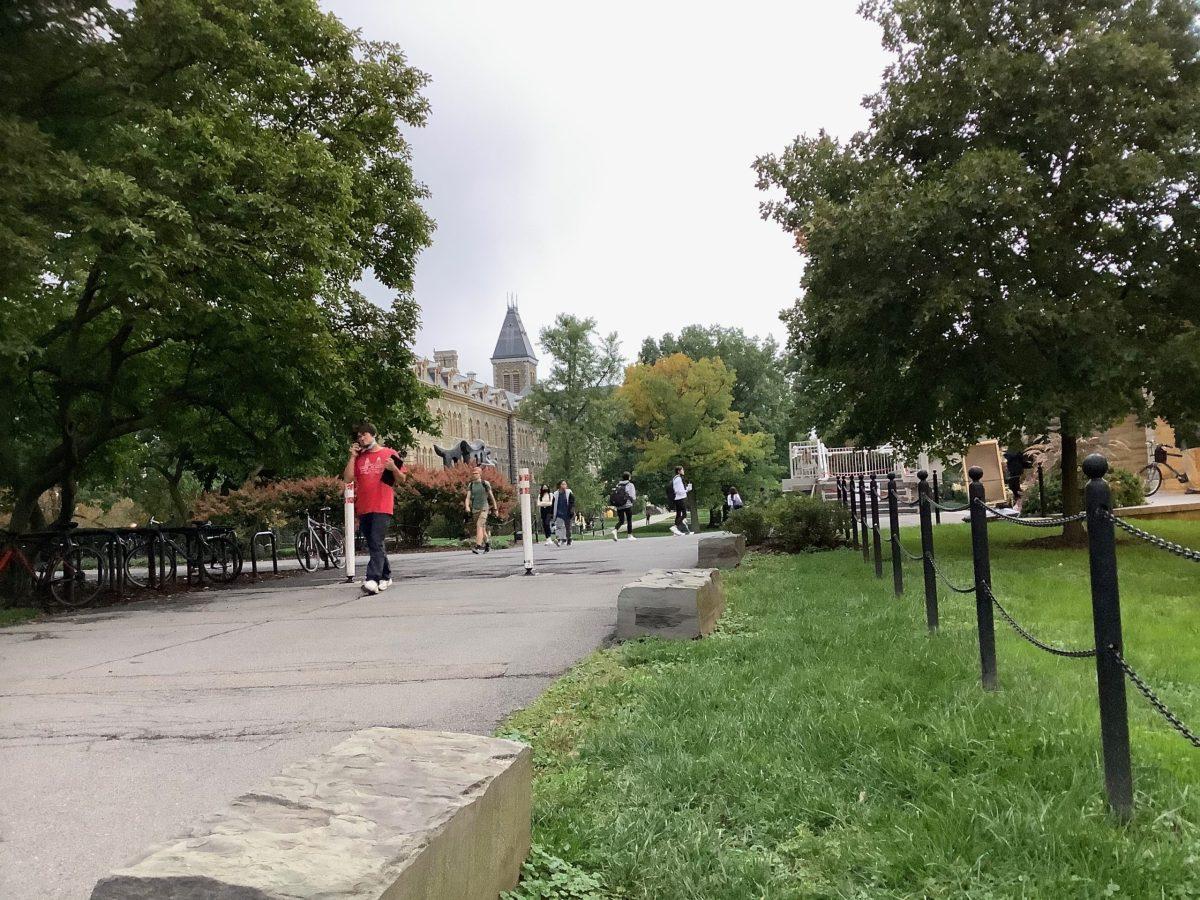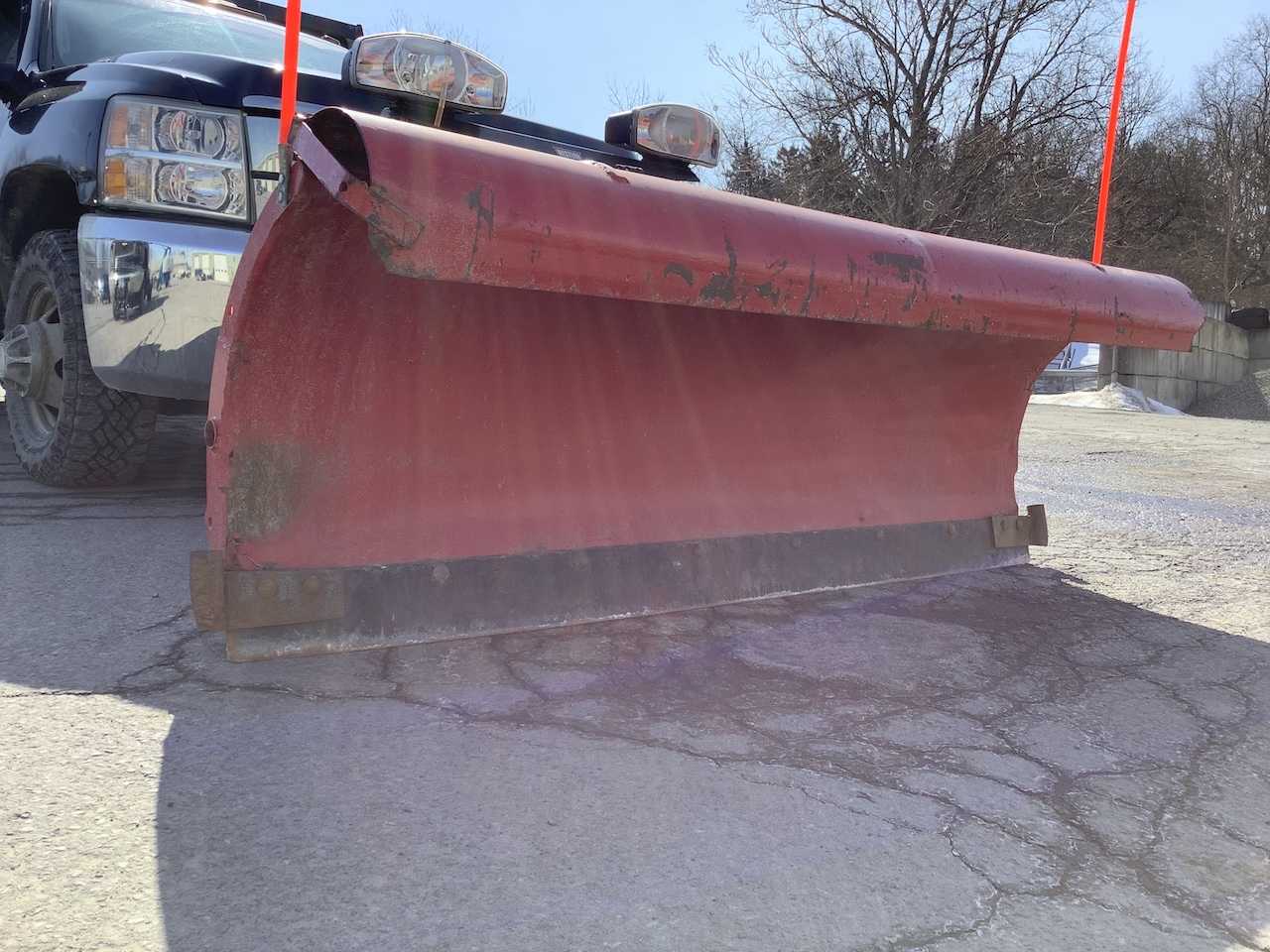
In recent years, weather apps have made localized temperature and precipitation information easy to find. However, they often fail to detail road conditions and weather forecasts for specific areas like roads or neighborhoods. A research team at Cornell University might be able to change that.
The team’s research may make individualized weather data readily available. As part of the National Science Foundation’s Civic Innovation Challenge, the team is working to create a system that can track weather and road conditions at a hyperlocal level.
As part of Stage 1 of the challenge, the team received $50,000 to find a solution to a problem rural communities face. If the team makes it into Stage 2, they will receive $1 million to continue their research.
Team member David Orr, a professional engineer and director of the Cornell Local Roads Program, defined hyperlocal weather forecasting as being able to tell the difference between the weather in the Belle Sherman and Forest Home neighborhoods of Ithaca.
Plowing Through
Orr said hyperlocal forecasting could greatly help people when making plans. He said that snowplows could benefit greatly from hyperlocal forecasting when planning their routes and preparing for winter storms.
“Imagine you are a snowplow operator and you are getting ready to go either up or down [Elmira Road],” Orr said. “What you’d really like to know is, in the next couple of hours do I need to plow first then put down chemical, do I just put down chemical or is it cold enough I need to put down some sand?”
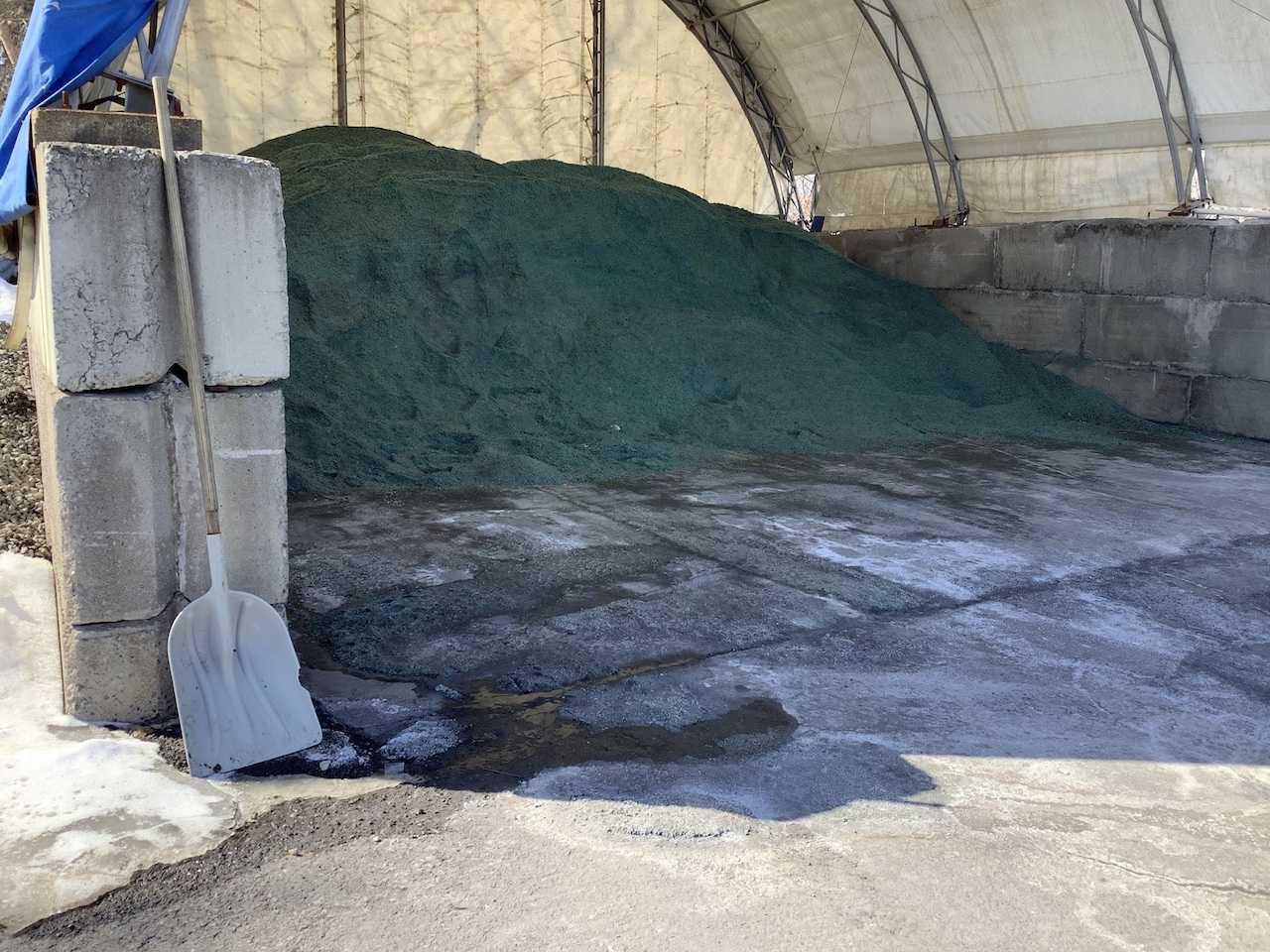
Data Collection
The current plan for the system is a series of mobile and stationary monitoring apparatuses that can continuously collect data on road and atmospheric conditions, said project leader Max Zhang, a professor in the Sibley School of Mechanical and Aerospace Engineering at Cornell.
Orr said the mobile monitors would be located on snowplows.
This data would then be interpreted and modeled by a computer to create weather forecasts with extreme detail, Zhang said.
“Our goal is not necessarily to just know the road temperature,” Zhang said. “Our goal is to know the road condition.”
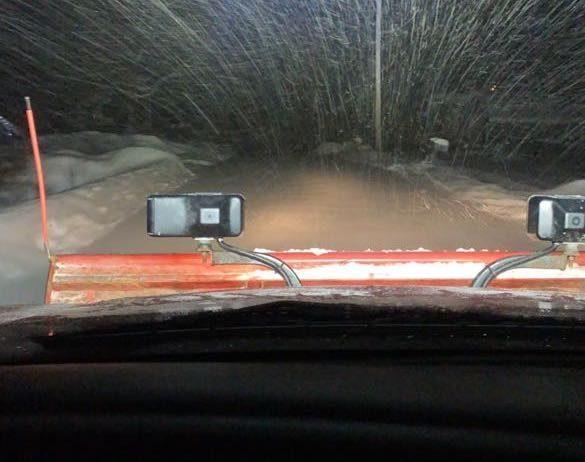
What separates the team’s project from current weather forecasts is the proximity of data collection centers, Orr said.
Ithaca currently has eight weather stations according to the Northeast Regional Climate Center, but with the project the team is working on, new weather stations could be located on individual streets, Zhang said.
Community First
The community outreach and partnership with local groups is the most important aspect of the project, said team member Keith Tidball, an associate director of the Cornell Cooperative Extension.
Tidball said he helped the team communicate with community members throughout rural areas of New York in order to find a product that the community would find useful.
“The ‘gee wiz technology’ is awesome, and I love that we’ve got really smart people on this,” Tidball said. “But where I care about it the most is when we apply that in the field— what are the impacts for those constituents in the state of New York that are going to benefit from it?”
Driven by the Community
If the team does not receive funding for Stage 2 of the challenge, it still plans to continue its research, Zhang said.
For Tidball and Orr, this project has brought the team together and has started a creative process that will continue going regardless of the Civic Innovation Challenge.
“We are not doing research just for research’s purpose,” Zhang said. “We are doing research to make a difference, so hopefully some of this will be adopted by the local community.”

